Attorney Thomas Treutler (middle) during his master's thesis defense - Photo: NVCC
Mr. Thomas Treutler, a 60-year-old American lawyer, shared his decision to choose Vietnamese history as a lifelong journey. For him, studying Vietnamese history is not only about learning about the past but also a way to extend his love and gratitude for the land that has become his second homeland.
With his fluent Vietnamese language skills, he studied for a master's degree in Vietnamese history at the University of Social Sciences and Humanities (Ho Chi Minh City National University) and has just successfully defended his thesis.
Since my time as an engineer in Silicon Valley, I had the opportunity to interact with the Vietnamese community and study Vietnamese at Stanford. Classic books such as Outline of Vietnamese Cultural History by Dao Duy Anh or Outline of Vietnamese Literature History by Duong Quang Ham were the first "gateway" that brought me into the world of Vietnamese history.
Mr. Thomas Treutler
Connecting information to make a research topic of Vietnamese history
* Could you share more about your research topic, sir?
- In my thesis, I chose to research "Research on 200 Vietnamese people exiled by the French to Gabon in 1888 and 1894". This is a fairly new topic because up to now, when talking about Vietnamese people overseas, we often think more about the community in Europe, America or Southeast Asia and pay less attention to the fate of people sent to Africa during the colonial period. I want to contribute a small part to clarify these historical slices.
Of the 200 people who were exiled, more than 10 had participated in the Go Cong uprising against the French, but after their failure they were arrested and sent abroad. Most of those sent to Gabon could not adapt to the climate, soil and harsh living conditions in Africa. Many died there...
* How did you develop and implement this thesis, especially when this is a topic with very little documentation?
- The process of writing a thesis is really a journey of searching and piecing together information. Because there hasn't been much research on this topic before, I had to look it up myself from many sources, both domestic and international.
I spent a lot of time in libraries and archives in Vietnam to find pieces. At the same time, I also exploited the archives in the US, where the libraries have a large and rich archive system, preserving many documents related to the French colonial period.
I also needed to connect with sources in France, especially the French press of the late 19th century because the press was a vivid reflection of the events and characters of that period.
To have a more comprehensive view, I also had discussions with experts and historians in Vietnam. Comparing and consulting from many sides helped me not only have more data but also better understand the approach and interpretation of history from the perspective of domestic scholars.
* What is special about your master's degree?
- My study plan was actually affected quite a bit by the COVID-19 pandemic, and had to be postponed from my original plan. But because of my passion, I continued.
Before that, I had a period of time attached to Vietnamese history right from my undergraduate degree. Originally from a technical and legal background, to qualify for graduate studies, I took additional undergraduate history courses at the University of Social Sciences and Humanities. Studying with young students was an interesting experience.
At the master's level, the subjects were not too difficult in terms of knowledge, but each subject opened up a new slice of Vietnamese history for me, from a broader and deeper perspective. I clearly felt that I was being equipped with an academic foundation to understand and analyze history scientifically.
However, the most time-consuming and laborious part was the research for my final thesis. For this topic, I spent at least six months just searching and processing documents before starting to write. It was a challenging time but also the time when I learned the most, not only about historical knowledge but also about perseverance in research.
Attorney Thomas Treutler in a meeting with historian Nguyen Dinh Tu - Photo: NVCC
Go into slices of Vietnamese history
* Why do you, an American, devote so much effort to learning about Vietnamese history, sir?
- This passion began from the first days I set foot in Vietnam nearly 30 years ago. I was quickly captivated by the culture and historical depth of this country. At that time, I read almost every issue of the magazines Kien Thuc Ngay Nay and Tuoi Tre Cuoi Tuan and gradually formed the habit of keeping them as souvenirs, as a personal historical archive.
Since my time as an engineer in Silicon Valley, I had the opportunity to interact with the Vietnamese community and study Vietnamese at Stanford. Classic books such as Outline of Vietnamese Cultural History by Dao Duy Anh or Outline of Vietnamese Literature History by Duong Quang Ham were the first "gateway" that brought me into the world of Vietnamese history. Reading those books in Vietnamese, although very difficult, made me appreciate the language and history of this country even more.
To me, studying history is not only about learning about the past but also a way to understand more deeply about society, people and the values that Vietnam always preserves.
I think there are many very special aspects to Vietnamese history, many stories that are little known in the world but contain great lessons about independence, resilience and adaptability. That is also the reason why I want to research to contribute to spreading the story of Vietnam beyond the border, at least in the academic field.
* After completing your master's program, what are your plans for the future?
- My graduation ceremony is expected to take place at the end of this year or early next year. During my return to Vietnam to receive my degree, I would like to spend time looking for the places that appeared during my research for my thesis.
I believe that after more than a century, those places have certainly changed a lot, but seeing them with my own eyes, touching the space associated with the people who were exiled will bring me a special experience. I want to know if there are any traces left, any memories of those ancestors.
I am also now starting my retirement plan. I will no longer practice law and will devote all my time to pursuing my passion for researching Vietnamese history.
I want to delve into small slices, little-known stories about characters in Vietnamese history. These "hidden corners" may not be prominent in textbooks but contribute to the depth of Vietnamese history...
Preserving Vietnamese features in daily life
* Do you pass on your love for Vietnam to your children?
- My wife is Vietnamese, so in our family, we always try to preserve the very Vietnamese features in our daily life. That is the attachment to family, relatives, ancestors; the family reunion meals and the customs maintained during the holidays even though we are living in America. I think that love for the nation does not necessarily have to be said a lot but is often deep and expressed through very small things.
For example, my son, Henry, is currently studying piano at university. He loves to play Vietnamese music and through his playing, I feel his natural connection to this country.
Henry also has a talent for painting, many of his paintings are familiar images of Vietnam: ao dai, fields, temples, pagodas... Those simple things are how the love for Vietnam gradually permeates into my children, quietly but very firmly.
Tuoitre.vn
Source: https://tuoitre.vn/luat-su-my-tot-nghiep-thac-si-lich-su-viet-nam-mong-lan-toa-nhung-gia-tri-viet-ra-the-gioi-20250826091200536.htm



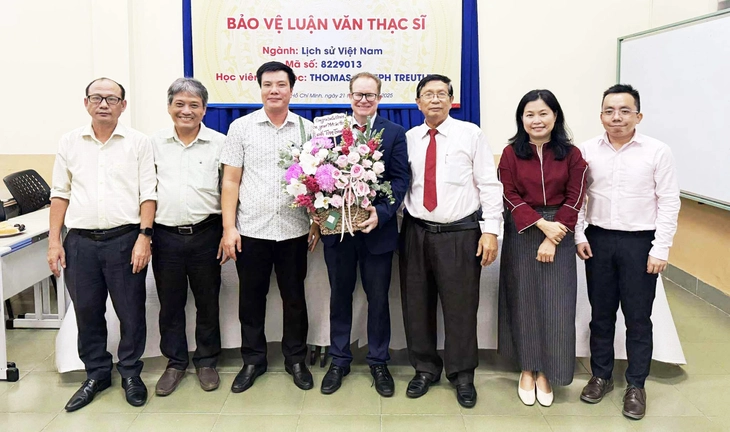
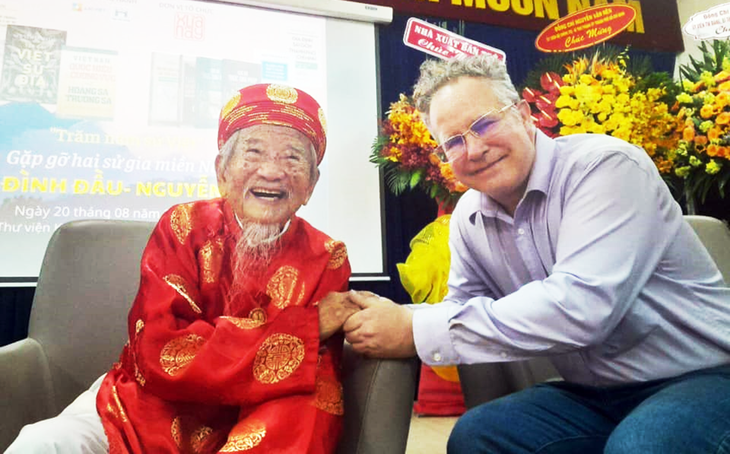
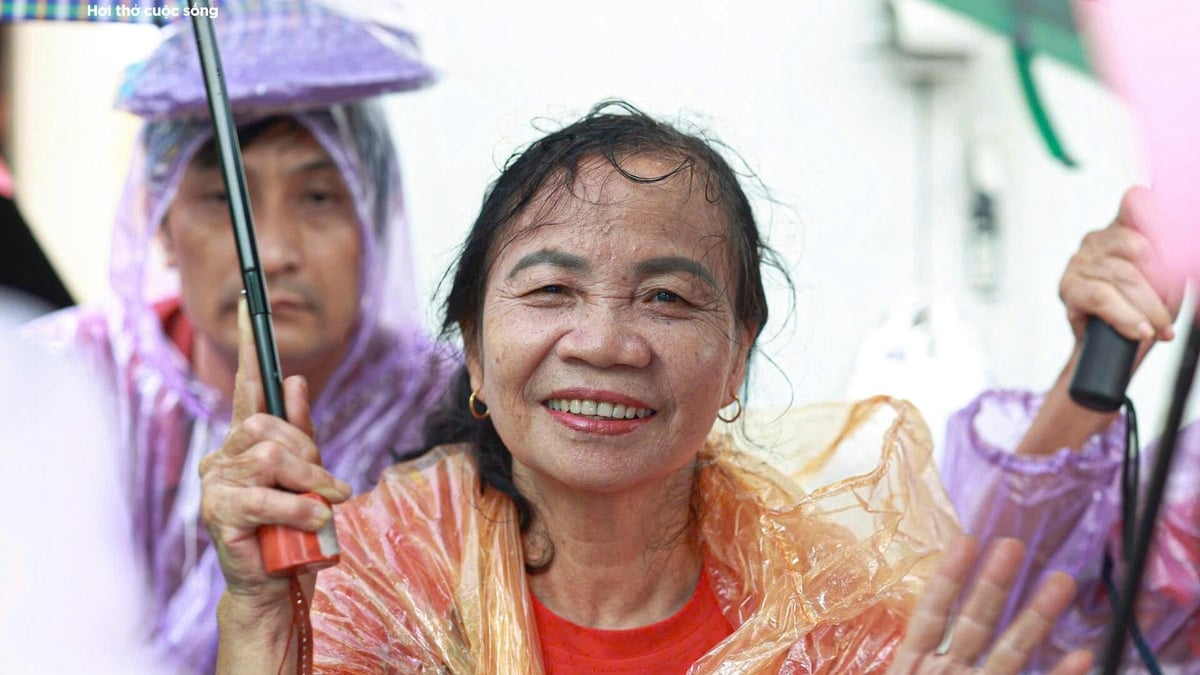
![[Photo] Many people eagerly await the preliminary review despite heavy rain](https://vphoto.vietnam.vn/thumb/1200x675/vietnam/resource/IMAGE/2025/8/27/4dc782c65c1244b196890448bafa9b69)
![[Photo] Panorama of the 29th Congress of the Party Committee of Nhan Dan Newspaper](https://vphoto.vietnam.vn/thumb/1200x675/vietnam/resource/IMAGE/2025/8/27/aa31210f7e2b47de948b2b60dde20aff)
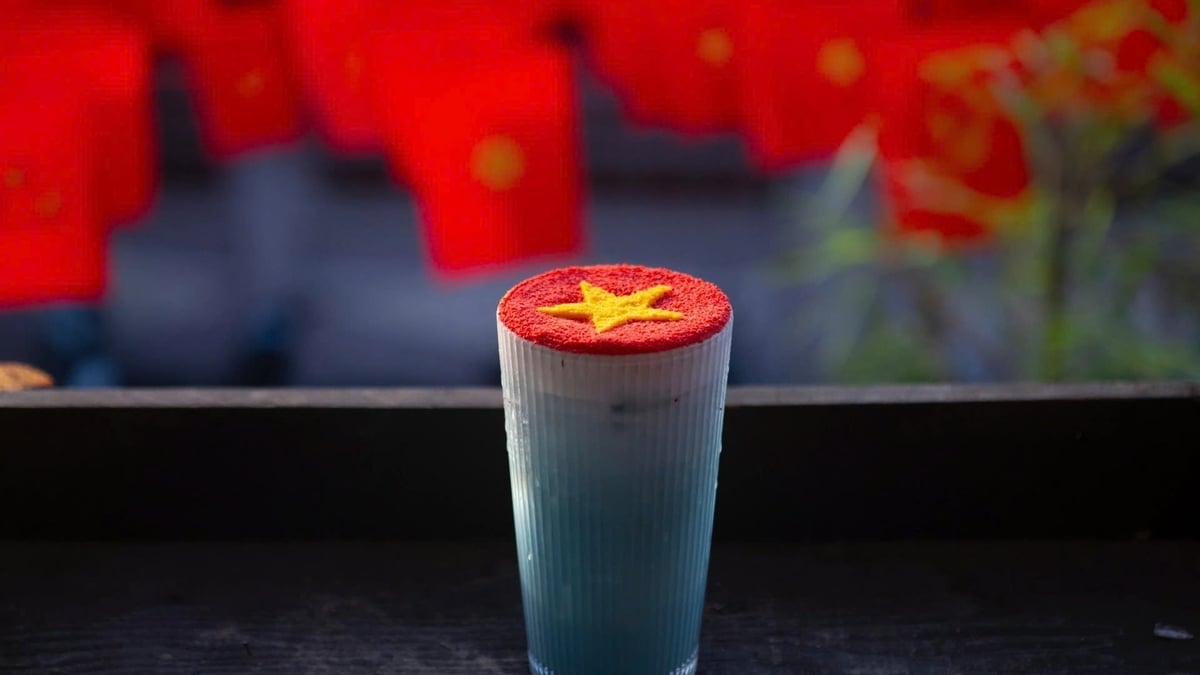
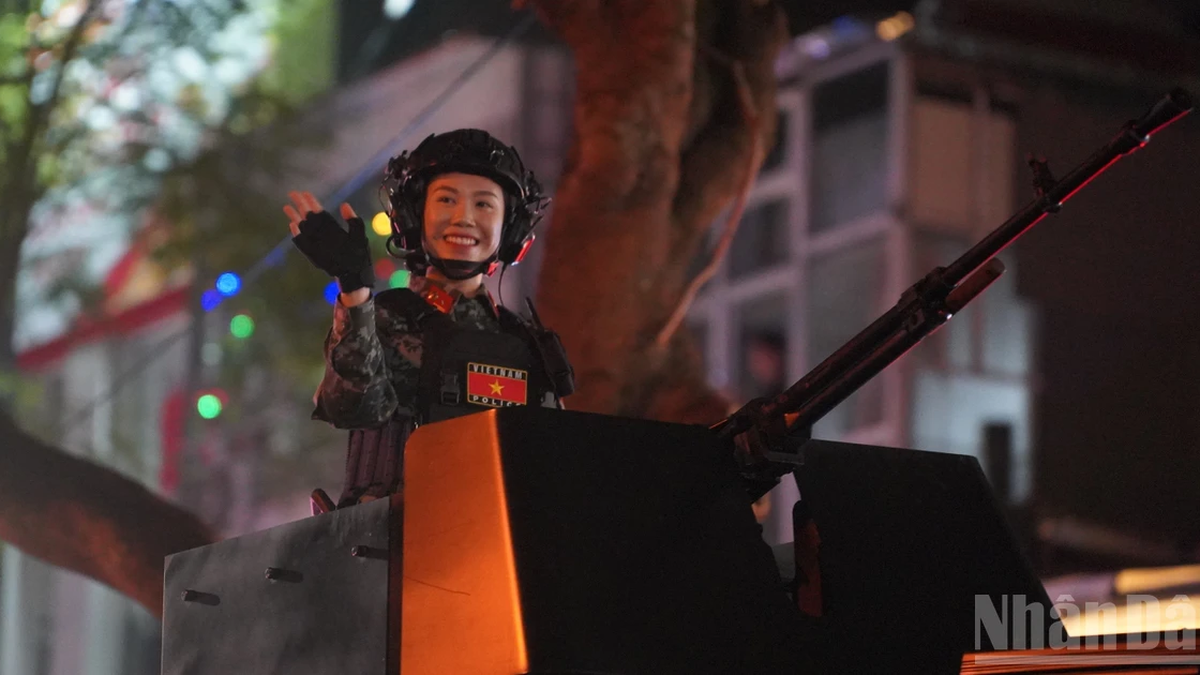

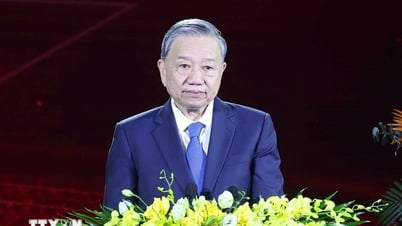




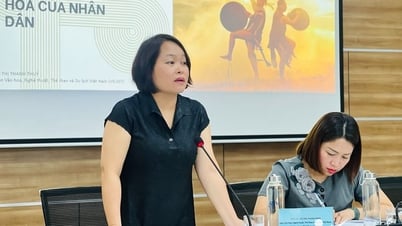

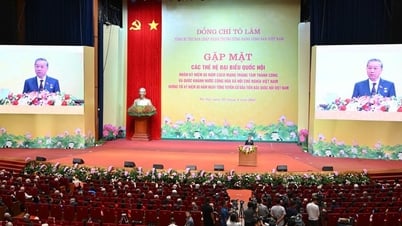

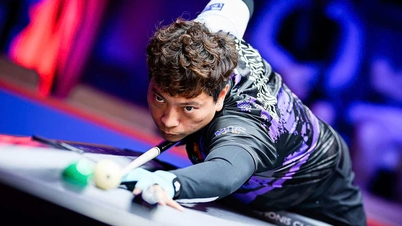





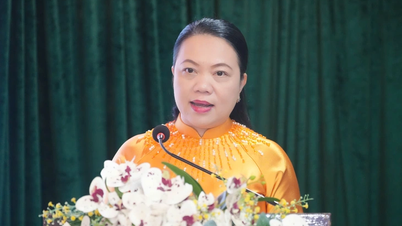
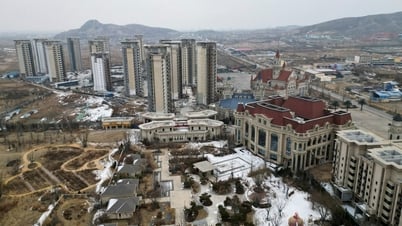


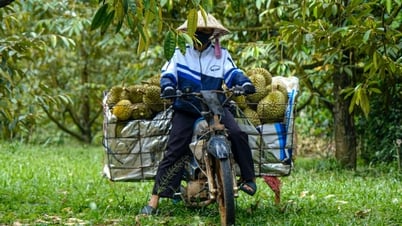




























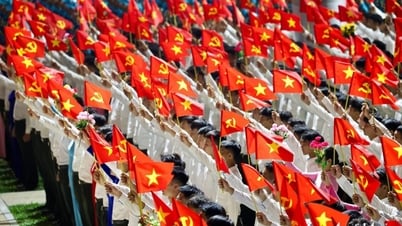


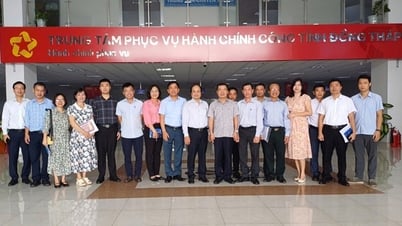

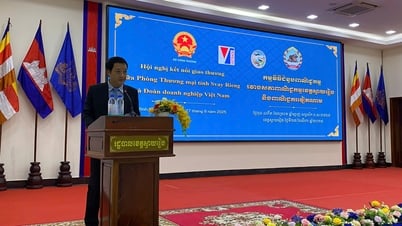

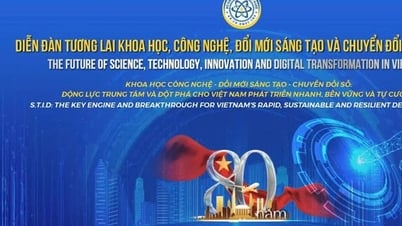


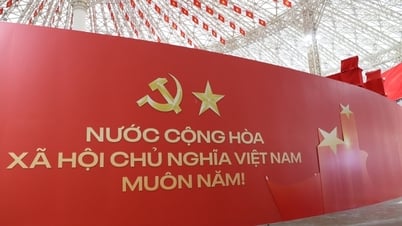
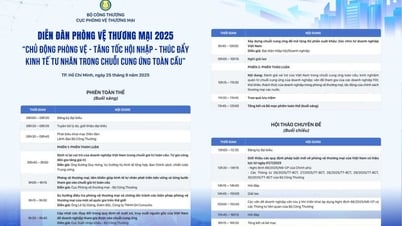
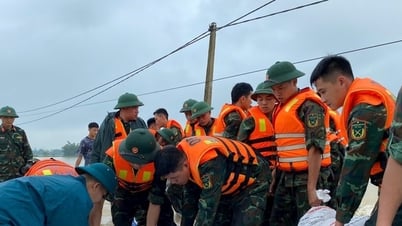




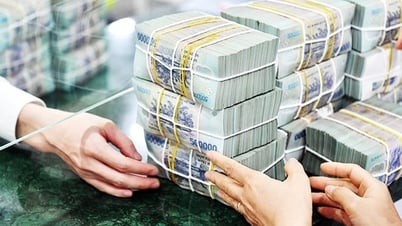
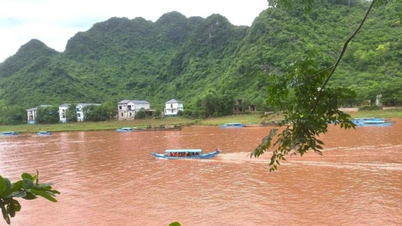

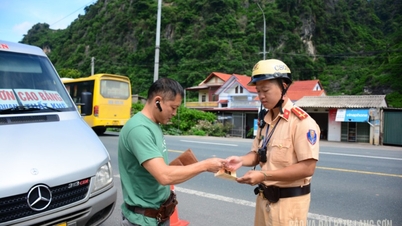












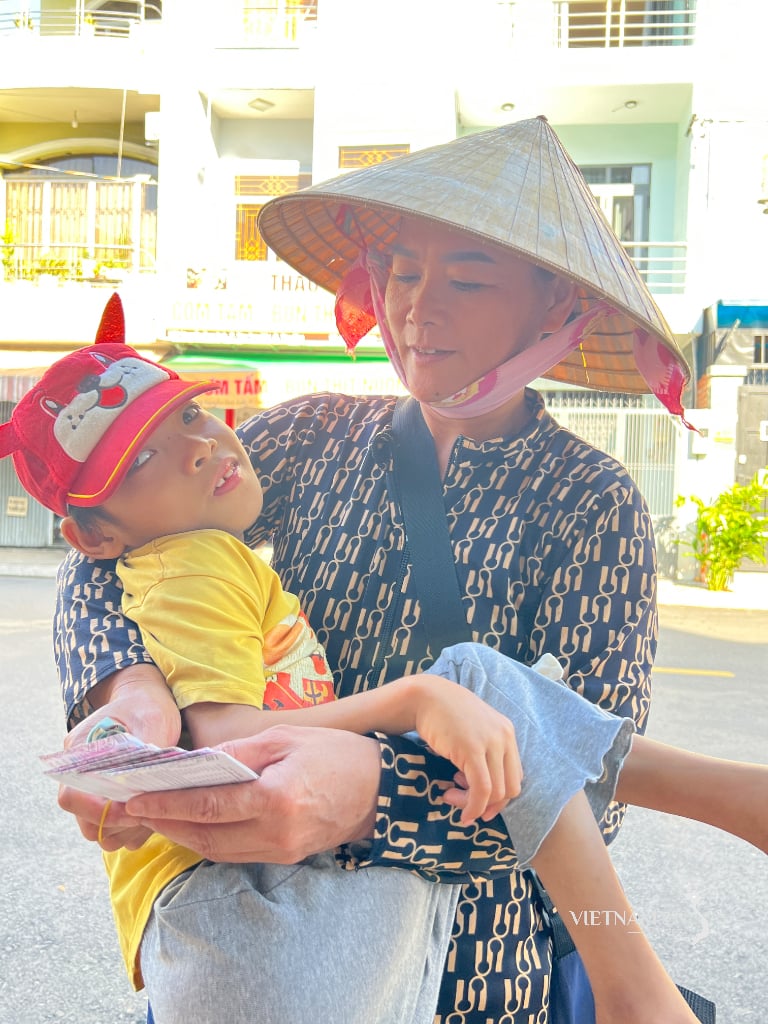
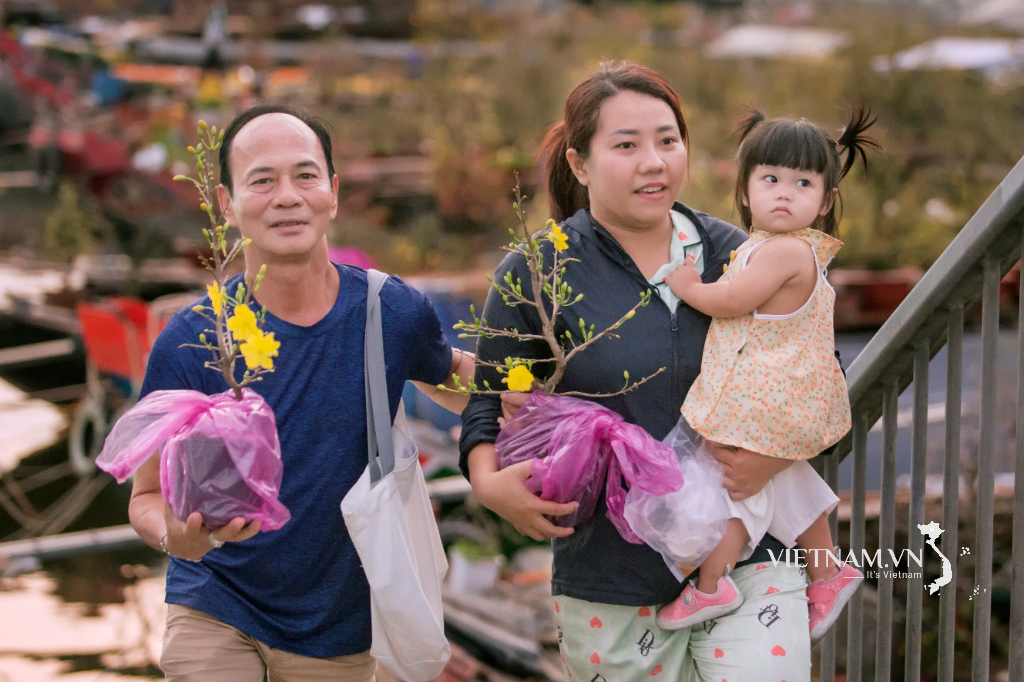

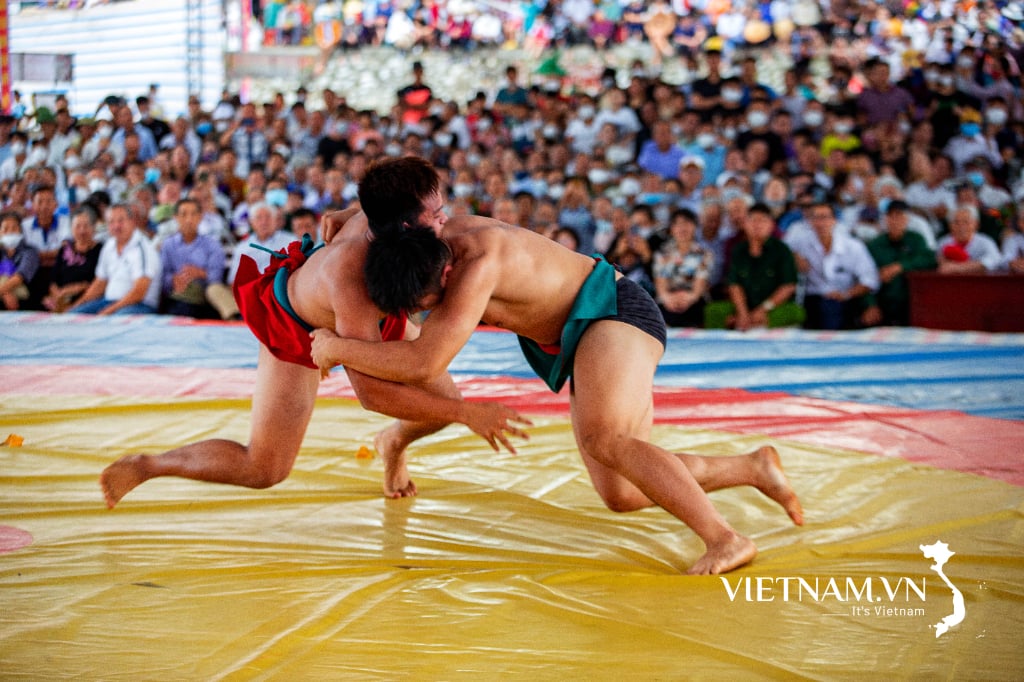
Comment (0)